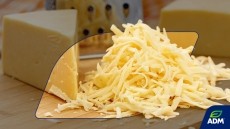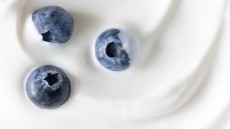Cereal drinks not a milk alternative, says FSANZ
not suitable as a complete milk replacement for young children,
said the Australian and New Zealand food authorities today.
In a statement, Food Standards Australia New Zealand (FSANZ) said that cereal drinks, often a substitute for milk or soy beverages, only contain 10 per cent of the protein found in milk.
The organisation's chief medical advisor, Dr Bob Boyd, said: "Consumers, caregivers and health professionals need to be aware that cereal-based beverages have a lower protein content than milk. Therefore, if a child needs to consume cereal-based beverages instead of dairy or soy beverages, adequate protein from other food sources will be needed to replace the protein normally provided by milk."
The statement said that all cereal-based beverages with a low protein content must carry an advisory statement on the label warning that 'the product is not suitable as a complete milk replacement for children under the age of five years'.
FSANZ issued the warning following an application from So Natural Foods requesting that companies could add selected vitamins and minerals, including calcium, riboflavin and vitamin D, to cereal-based drinks to better reflect the nutritional content of milk.
As part of the recent approval process, FSANZ decided to launch a public campaign to raise consumer awareness of the difference between such beverages and milk to avoid health risks to children under five years old particularly.
In 2002, a child in Melbourne died after its parents weaned it directly onto rice milk. There have been other cases of children suffering health problems because they fail to consume sufficient nutrients from milk substitutes, said a spokesman at FSANZ.
Sales of cereal-based beverages in Australian supermarkets totalled 3.8 million litres for the year ending April 2005. So Natural Foods estimates that 5.5 million litres of cereal drinks are sold in both Australian and New Zealand retailers.
This compares with approximately 1.085 billion litres of cows' milk and 47 million litres of soy beverage sold in Australia in 2004.












